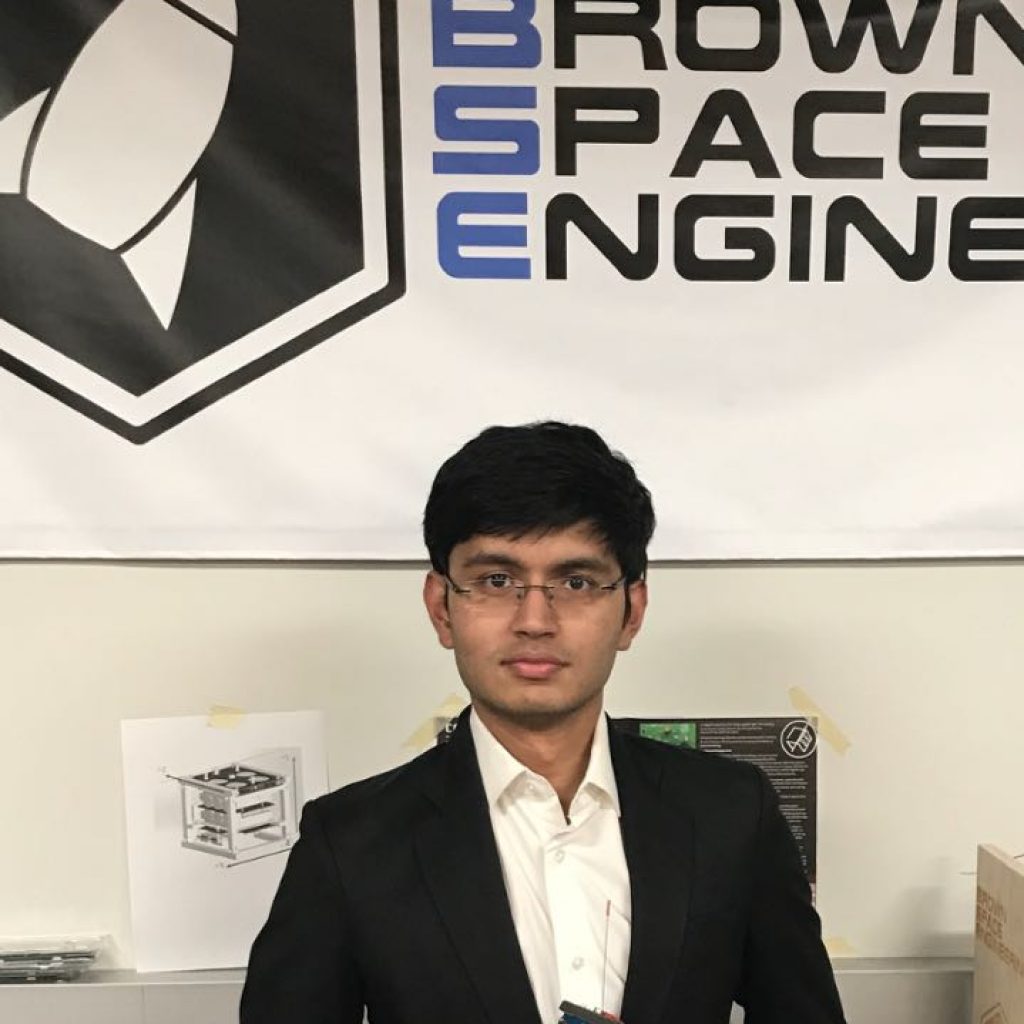Pune boy contributes in making of a satellite launched by NASA

Pune, May 25, 2018: Anand Lalwani, 22 years old city youngster who is working as Engineering Research Assistant at Brown University (Ivy League) has contributed in creating a satellite named EQUiSat which was successfully launched by the National Aeronautics and Space Administration (NASA) last week. Lalwani was leading a group of 17 students, which was responsible for designing and building the solar power and battery systems for the satellite. He is the only Indian research student to be selected for the NASA Student led program and was also the first Indian to be the group leader on such a project.
The project, funded by NASA’s CubeSat Launch Initiative (a special initiative of NASA for the students), sent a small 4-inch cube satellite named EQUiSat to the ISS and then successfully launched it into the orbit on May 20th from Wallops Island, Virginia, USA on Antares rocket to the International Space Station (ISS).
The power team led by Lalwani not only constructed solar panels from scratch, but also ensured that they would survive the launch process. They also came up with a coating and the means to protect the delicate panels. EQUiSat is one of the most economical satellite ever developed by students, which was a breakthrough in this field. Average cost for a satellite of this size ranges from $50,000-100,000 (fifty thousand to 1 Lac USD), whereas the EQUiSat was made as a cost less than $4000.
While talking about the idea, Lalwani said, “We are going to make space cool again was our original mission pitch to NASA. We tried several protocols for about 12 months and failed consistently. Finally, being able to fix the coating was one of the many big accomplishments of Brown Space Engineering (BSE) as no other satellite group in the USA had done this.”
The EQUiSat will test lithium iron phosphate batteries, which are used in machines such as lawn mowers, but find limited applications in spacecrafts. Due to its low cost and the fact that its latitude will coincide with that of Providence, which allows its LED flashes to be seen from the ground, the satellite will also serve as a symbol for the accessibility of space.
Apart from being the only Indian citizen to be a leader of BSE, Lalwani recently graduated from Brown University (Ivy League) with B.Sc Hons in Engineering Physics. He is also a member of the very prestigious Tao Beta Pi society which is globally known as an engineering honor society. He did his schooling from Symbiosis international school, Pune and higher education from Mahindra untied world college, Pune. Also, Lalwani wishes to further continue his research on Solar energy and will be by pursuing PhD at Stanford.






